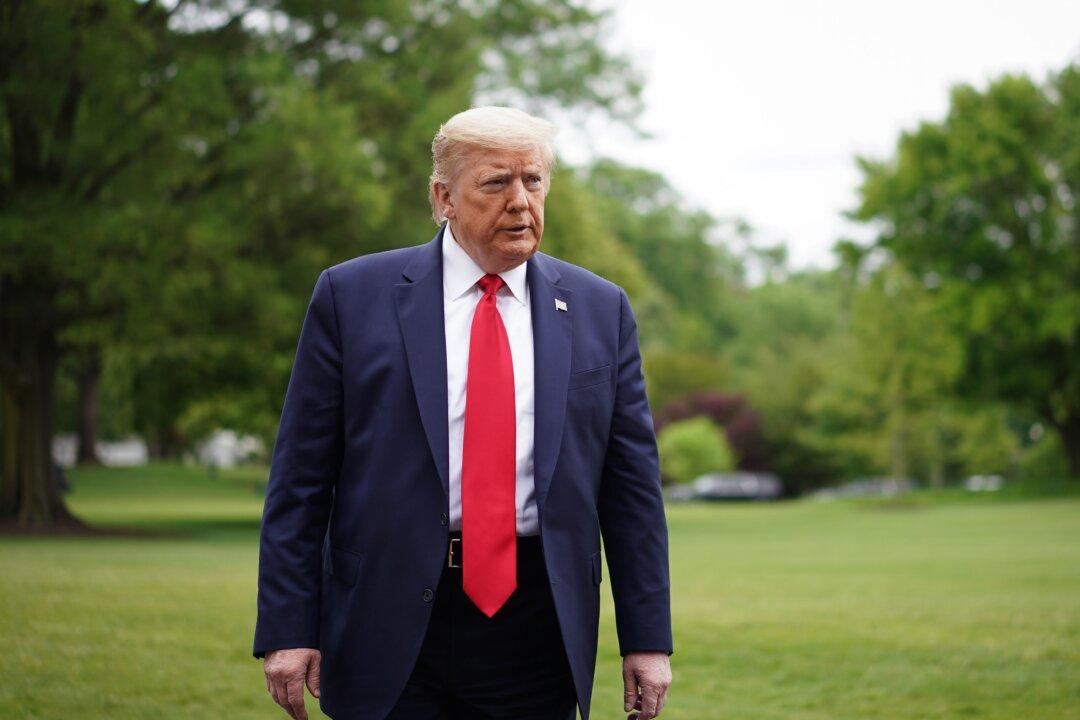President Donald Trump’s physician on May 18 confirmed that the president has been taking the anti-malarial drug hydroxychloroquine and zinc to lower his COVID-19 risk.
The president’s physician, Sean Conley, said in a letter released by the White House on Monday that he and Trump decided that he should take the drug as “the potential benefit from treatment outweighed the relative risks.”





